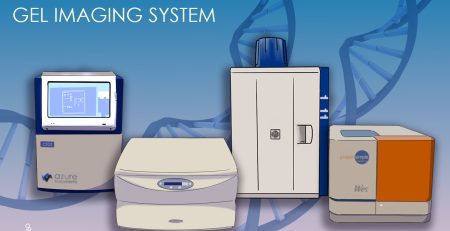Researchers Identify Which Cells Impact Aging
According to Alfredo Carpineti at IFLScience.com, researchers have identified the cells in vertebrates’ brains that regulate how fast aging occurs in the body.
Scientists from the Albert Einstein College of Medicine, who recently published their findings in Nature, showed that “hypothalamic stem cells are at least partly responsible for how fast the aging process occurs.”
“Our research shows that the number of hypothalamic neural stem cells naturally declines over the life of the animal, and this decline accelerates with aging,” senior author Professor Dongsheng Cai said in the statement. “But we also found that the effects of this loss are not irreversible. By replenishing these stem cells or the molecules they produce, it’s possible to slow and even reverse various aspects of aging throughout the body.”
The “animal” in this instance is the mouse. The team observed the number of these hypothalamic stem cells began to diminish when they were 10 months old. By 24 months, most of those cells were gone and the mice were described as “very old.” These stem cells release microRNA, which appears to regulate gene expression.
The researchers tested this theory by disrupting the hypothalamic stem cells in the brains of a group of middle-aged mice. “This disruption greatly accelerated aging compared with control mice, and those animals with disrupted stem cells died earlier than normal,” Cai said.
They also found hypothalamic stem cells were capable of slowing down or even reversing the aging process. When they injected microRNA into the cerebrospinal fluid of both the control mice and the test mice “aging in both groups was seen to slow down, which was measured by assessing coordination, muscle endurance, social behavior, and cognitive ability.”
Read the full article published in Nature here.














